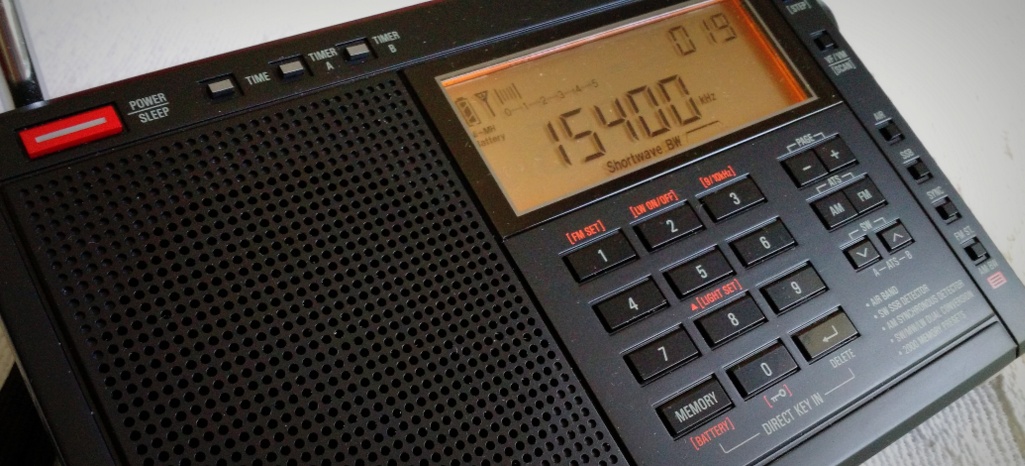 (Source: The Guardian via Mark Fahey)
(Source: The Guardian via Mark Fahey)
BBC preparing to go online-only over next decade, says director general
Tim Davie outlines vision for a world of ‘infinite choice’ where broadcast TV and radio are being switched off
The BBC is preparing to shut down its traditional television and radio broadcasts as it becomes an online-only service over the next decade, according to the director general, Tim Davie.
“Imagine a world that is internet-only, where broadcast TV and radio are being switched off and choice is infinite,” he said. “A switch-off of broadcast will and should happen over time, and we should be active in planning for it.”
Davie said the BBC was committed to live broadcasting but Britons should prepare for the closure of many standalone channels and radio stations by the 2030s: “Over time this will mean fewer linear broadcast services and a more tailored joined-up online offer.”
The future will involve “bringing the BBC together in a single offer”, possibly in the form of one app combining everything from television programmes to local news coverage and educational material. This could ultimately see the end of distinct brands such as BBC One or BBC Radio 4, although the programmes they currently air could continue online. [Continue reading at The Guardian…]





